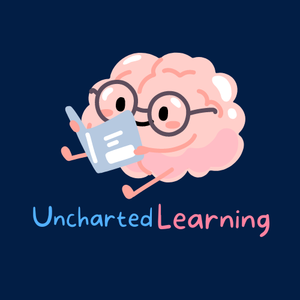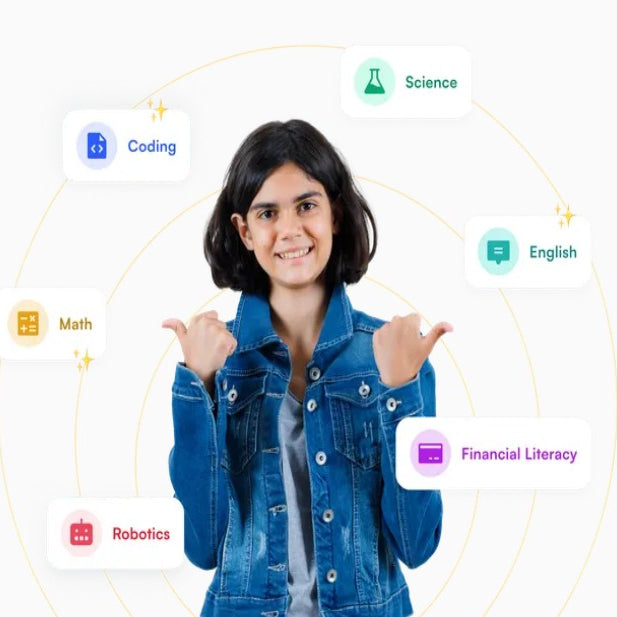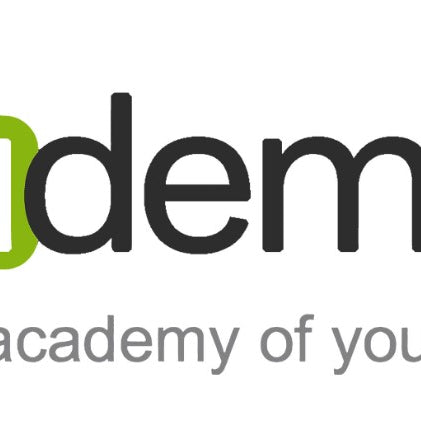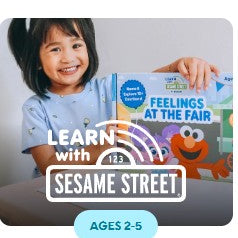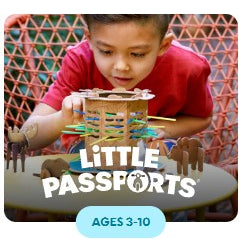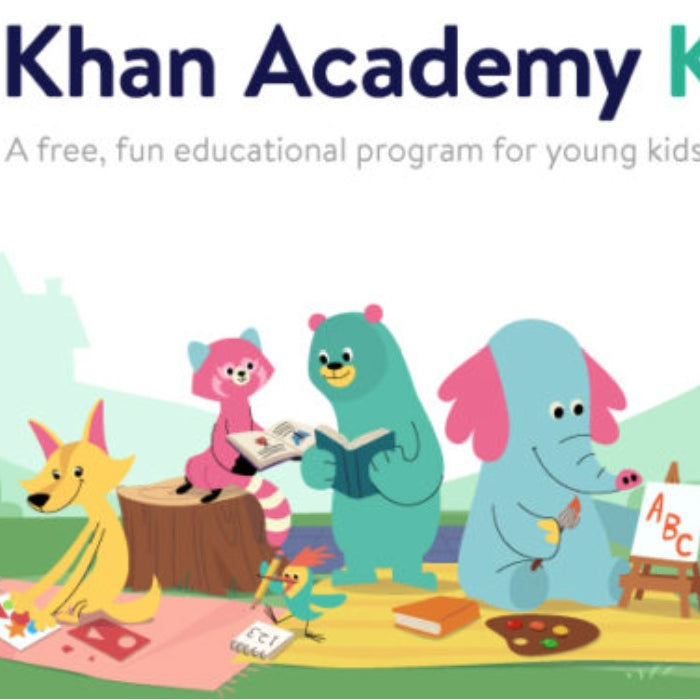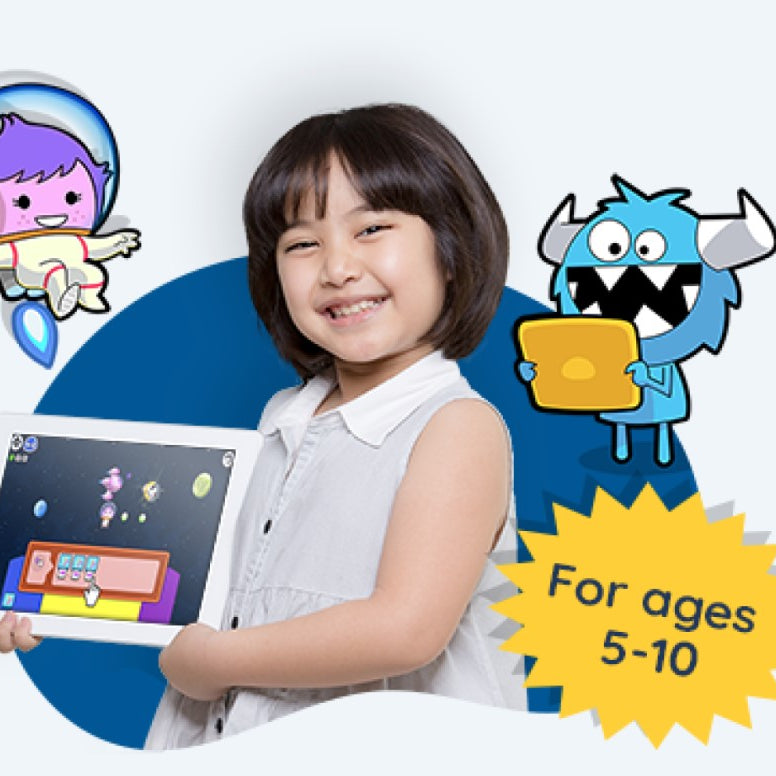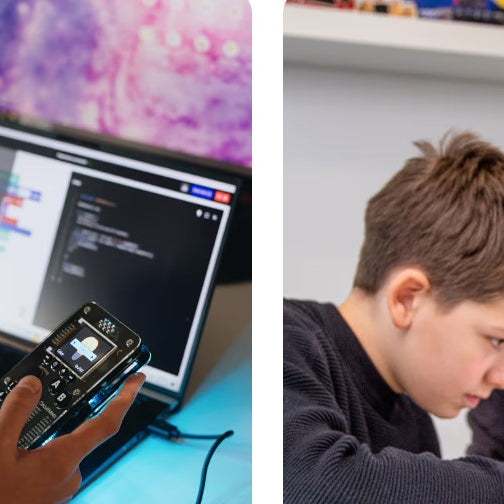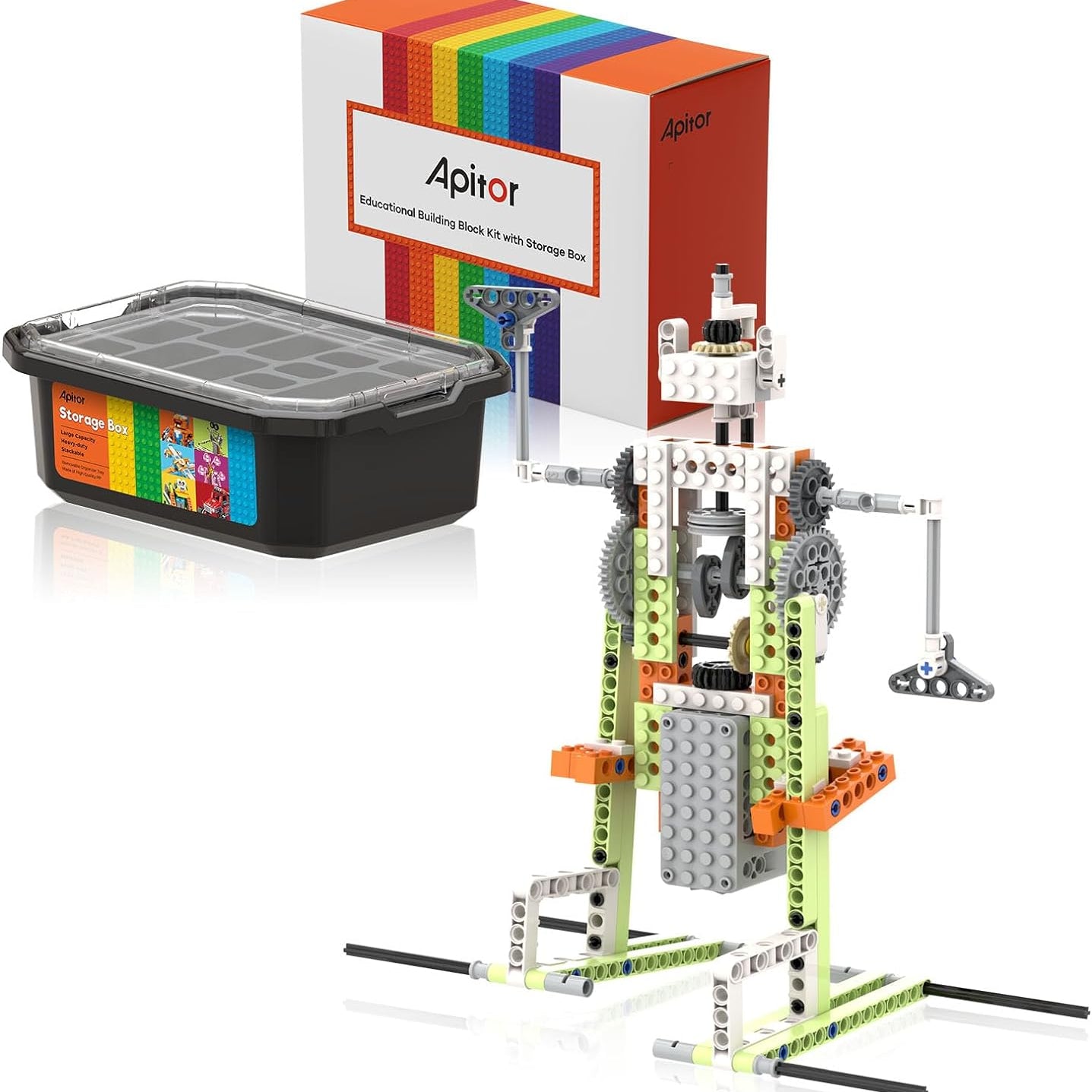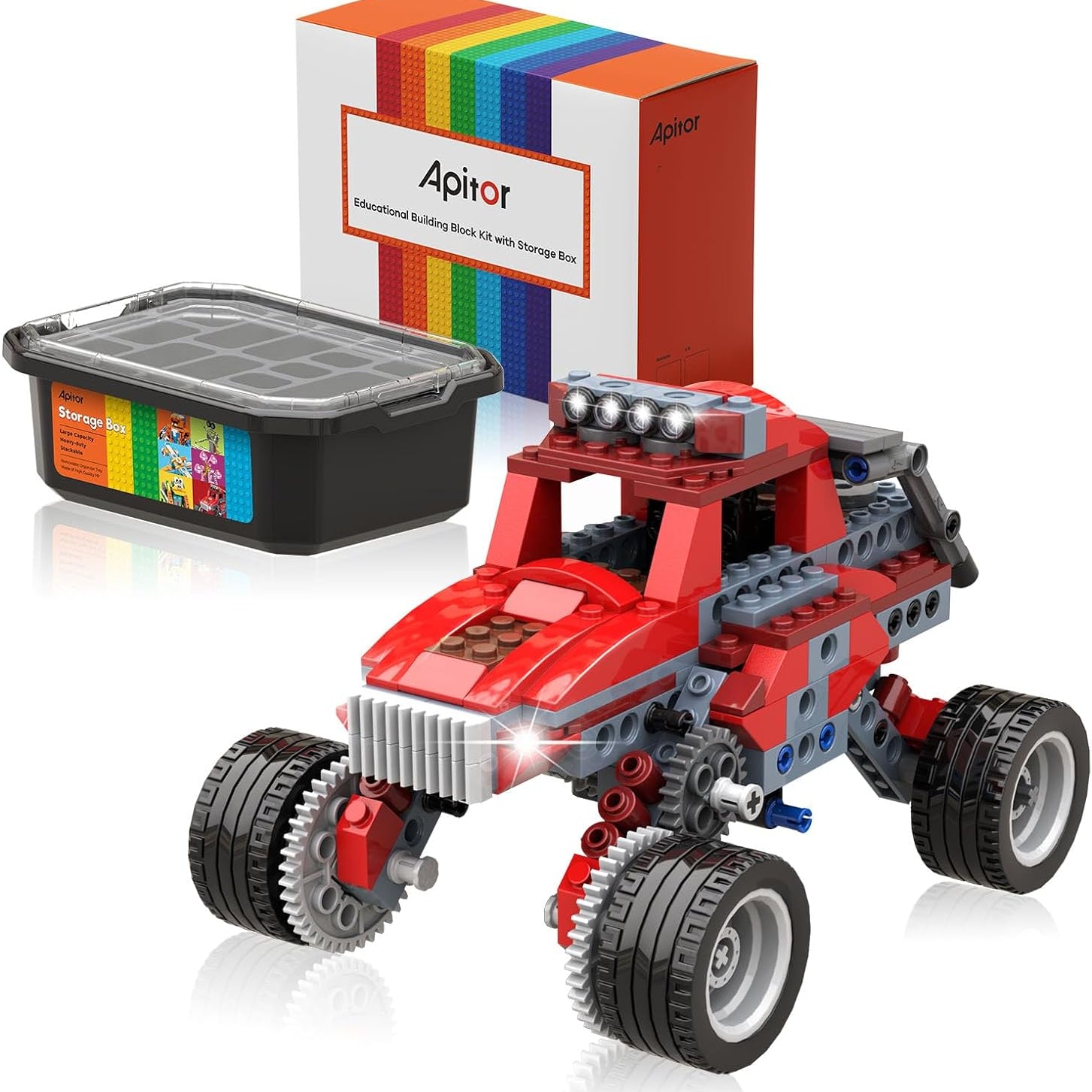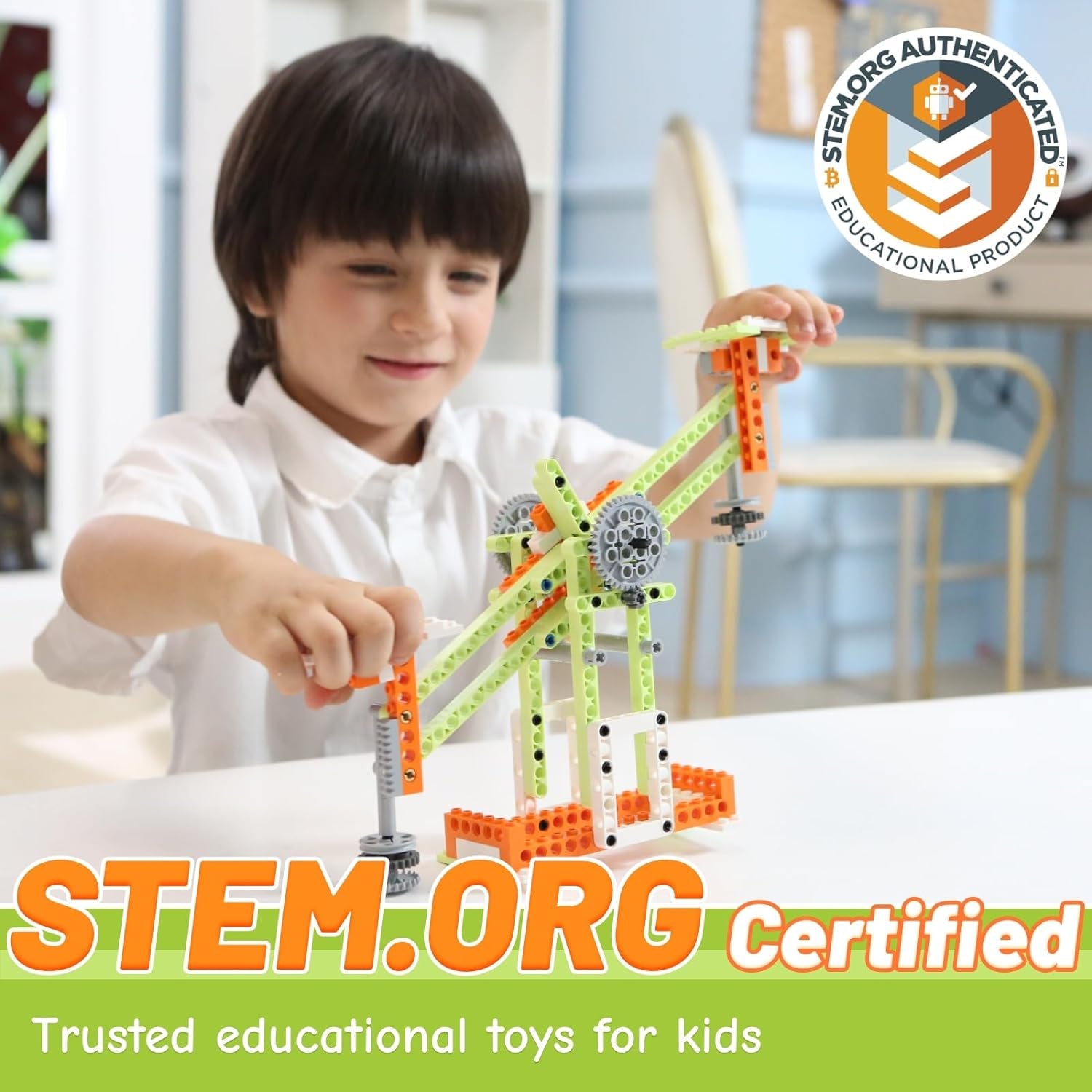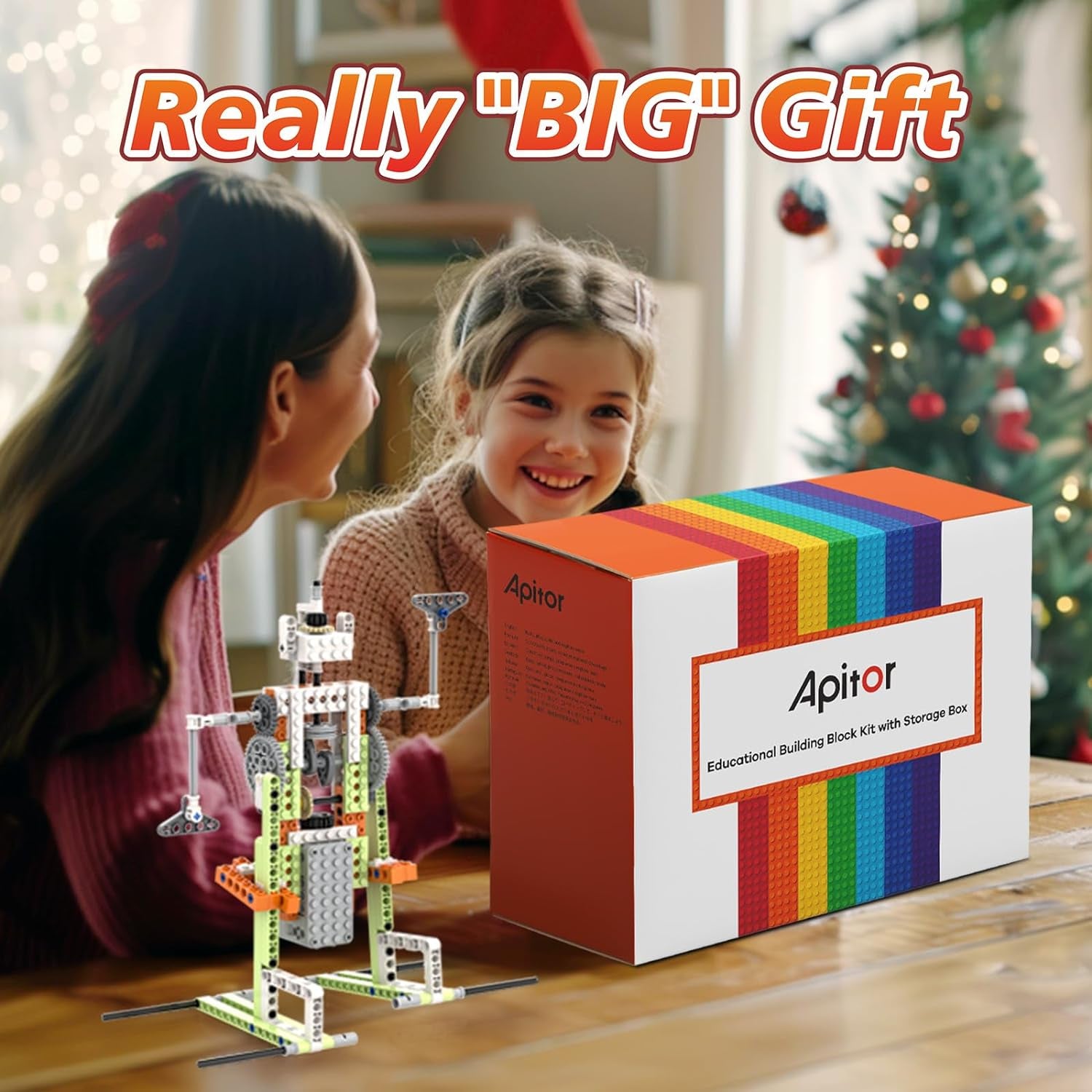As a homeschooling mom who guided my kids all the way through high school, I've seen firsthand how educational tools evolve. We embraced everything from unschooling to roadschooling across 42 states, learning through real-world experiences, endless books on tape, and even running a "store" to teach math. My kids' imaginations flourished with creative play, building fairy houses, and recording silly stories with their stuffed animals for their grandparents. But one thing I never had access to, which I wish I had, is the incredible power of Artificial Intelligence.

Today, AI tools like Google Gemini offer amazing opportunities to enhance learning and spark creativity. We've talked in previous posts about how Gemini can help you craft epic scavenger hunts, plan backyard science experiments, generate interactive stories, and even explore world cultures from your living room. It truly is a game-changer for making summer learning fun and preventing that "summer slide."
However, just like any powerful tool, using AI with children comes with questions and concerns. As parents, we naturally want to ensure our kids are safe, using technology responsibly, and still engaging in meaningful, human-centered learning. That's why today, we're diving into Decoding AI: A Parent's Guide to Safe and Smart Gemini Use. My goal is to equip you with the knowledge to confidently integrate Gemini into your family's routine, ensuring it remains a positive and beneficial experience.
Understanding "Prompt Engineering" for Parents: Asking AI the Right Questions
Think back to my kids' "store." If they just said "I want to sell stuff," it wouldn't have been nearly as effective as "I'm selling these painted rocks and paper dolls, they cost 5 cents and 10 cents." The more specific they were, the better the "shopping" experience. The same goes for AI.
The key to getting great results from Google Gemini is understanding "prompt engineering." Simply put, a prompt is the instruction or question you give to the AI. The clearer and more specific your prompt, the better and more relevant Gemini's response will be. It's like guiding a very intelligent, but literal, assistant.
How to Engineer Good Prompts:
- Be Specific: Instead of "Tell me a story," try "Write a short adventure story for a 7-year-old about a curious squirrel who finds a magical acorn."
- Include Constraints: If you want rhyming clues, or a specific number of items, tell Gemini. "Give me 5 rhyming clues for a backyard scavenger hunt for a 5-year-old, looking for a red leaf, a smooth stone, and a feather."
- Define the Persona/Role: Sometimes, asking Gemini to act as a certain type of expert can yield better results. "Act as a science tutor for a 10-year-old. Explain how volcanoes erupt in simple terms."
- Give Examples (if helpful): If you're looking for a certain style, you can briefly provide an example of what you like.
Good Prompt Examples for Kids' Activities:
- For a reading list: "My 9-year-old loves graphic novels about fantasy creatures. Recommend 3 books for a 4th-grade reading level." (Specific age, interest, format, and reading level)
- For a math problem: "Create 2 word problems for a 12-year-old about calculating tips at a restaurant, involving percentages. Show the steps to solve." (Specific concept, age, real-world context, and desired output)
- For a game idea: "We have building blocks and toy cars. Invent a new indoor game for 6-year-olds using these items. Give me simple rules and a goal." (Specific materials, age, and desired output type)
Bad Prompt Examples (and why they're less effective):
- "Tell me something fun to do." (Too vague, will give generic answers)
- "Help with homework." (Too broad, needs context)
- "What about a story?" (Doesn't provide enough direction for age, theme, or length)
By practicing good prompt engineering, you'll find Gemini becomes an incredibly powerful and efficient tool for unlocking endless possibilities.
Setting Boundaries and Expectations: AI as a Tool, Not a Replacement
In our homeschooling journey, I always emphasized that learning came from diverse sources: books, experiences, discussions, and even playing store. AI, like Gemini, is another valuable source, but it's crucial to establish clear boundaries and expectations.
Parental Supervision is Key:
Especially for younger children, direct parental supervision is vital. This isn't just about safety; it's about making Gemini a collaborative tool. When you sit with your child, you can guide their prompts, interpret responses, and turn AI-generated ideas into hands-on activities. It becomes a shared learning experience.
Age-Appropriateness:
While Gemini is designed with safety filters, parental judgment on age-appropriateness is still essential. Consider the complexity of the information, the nature of the suggestions, and what your child is ready to process. For instance, while Gemini can explain complex science, you might simplify the explanation further for a very young child.
Teaching Critical Thinking Skills:
One of the most important lessons we can teach our children in the age of AI is critical thinking. Gemini is a powerful information generator, but it's not infallible. Teach your children to:
- Question Responses: "Does this sound right? How can we check this information?"
- Evaluate Sources (if applicable): While Gemini synthesizes information, discussions around where information comes from are valuable.
- Understand Bias: Briefly discuss that AI models are trained on vast amounts of data, which can sometimes contain biases.
- AI as a Starting Point: Emphasize that Gemini is a brainstorming partner or a research assistant, not the sole source of truth or the end of learning. Just like my kids used their store setup as a starting point for imaginative play, Gemini's ideas are meant to be built upon.
Balance with Human Interaction and Learning:
AI should complement, not replace, human interaction and traditional learning methods. Ensure your children still engage in:
- Hands-on activities: Building, drawing, crafting, outdoor play.
- Reading physical books: The tactile experience and focus are invaluable.
- Social interaction: Playing with friends, discussing ideas face-to-face.
- Independent thought: Encourage them to think for themselves before asking AI.
Gemini is a fantastic tool to spark ideas when you feel creatively drained or need a quick research boost, but it should enhance, not diminish, the richness of real-world experiences.
Privacy and Data: What Parents Need to Know
When it comes to our children and technology, privacy and data security are always top concerns. It's important to understand how Google Gemini handles information.
- Google's Privacy Policies: Google has clear privacy policies for its AI products. Generally, when you interact with Gemini, your conversations are processed to improve the model. However, you often have controls over your activity.
- Family Link Integration: If you use Google Family Link to manage your child's Google Account, their use of Gemini will fall under the Family Link privacy policy, which is designed to provide age-appropriate experiences and protections. Family Link allows parents to manage settings like content restrictions, app approvals, and screen time.
- What Not to Share: As a general rule, avoid sharing highly sensitive personal identifiable information (PII) about your children or family that isn't necessary for the prompt. While Google has safeguards, it's always best practice to be mindful of what information is being input into any public AI model. For example, you wouldn't need to share your child's full name or exact address to ask for a scavenger hunt.
- Reviewing Activity: Google typically allows users to review and delete their activity history with AI models. Familiarize yourself with these options in your Google Account settings or through Family Link, so you can manage your child's interactions if needed.
By being informed and proactive, you can ensure your family's privacy is protected while still leveraging the benefits of AI.
Empowering Your Family's Summer with AI
Integrating AI like Google Gemini into your family's summer can unlock a world of creativity, learning, and fun. By understanding how to "prompt engineer," setting healthy boundaries, teaching critical thinking, and being mindful of privacy, you can confidently use this powerful tool to enhance your children's experiences. Just like my kids' "store" was a springboard for hours of learning and play, Gemini can be the springboard for your family's most engaging and enriching summer yet.
What exciting adventure will you plan with Gemini today?
